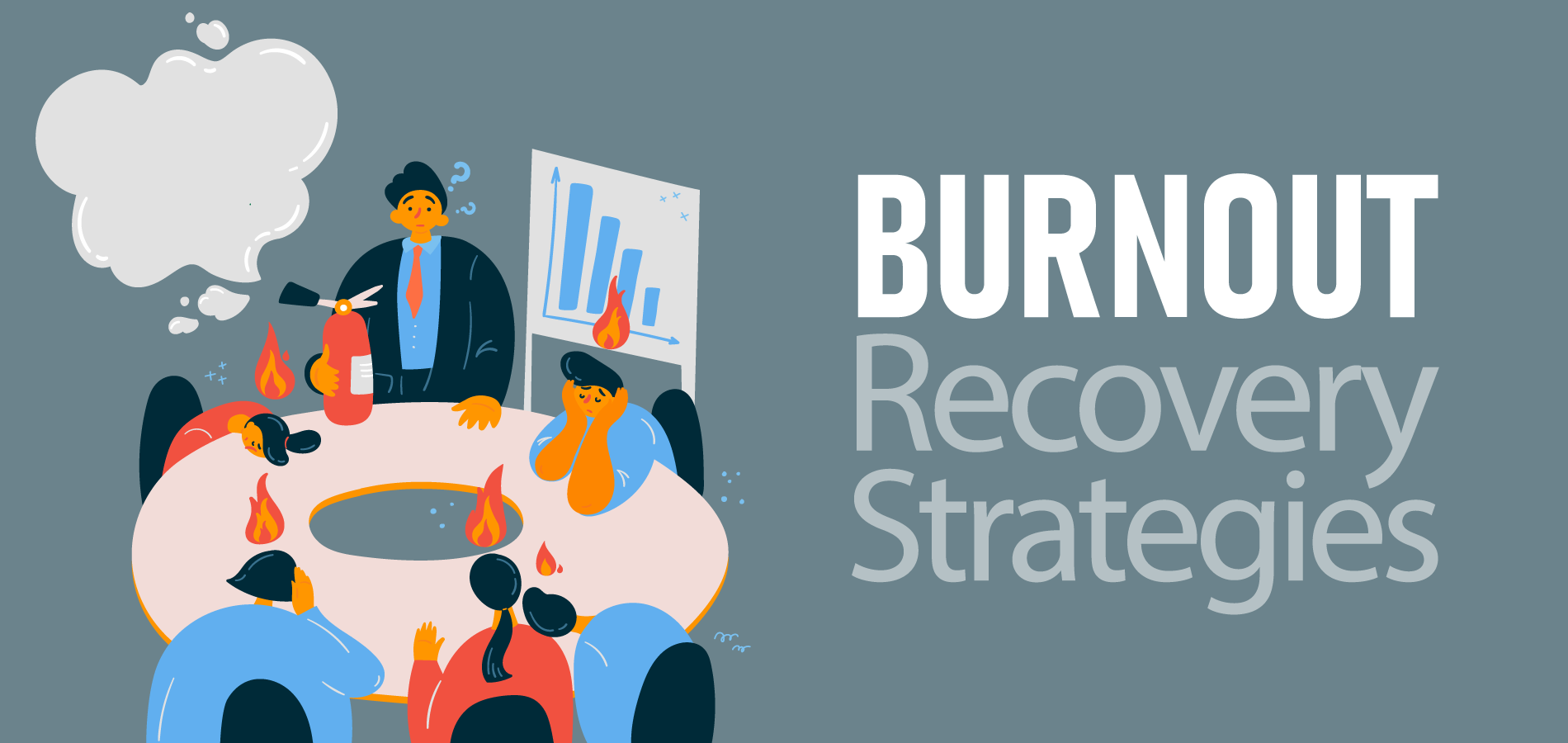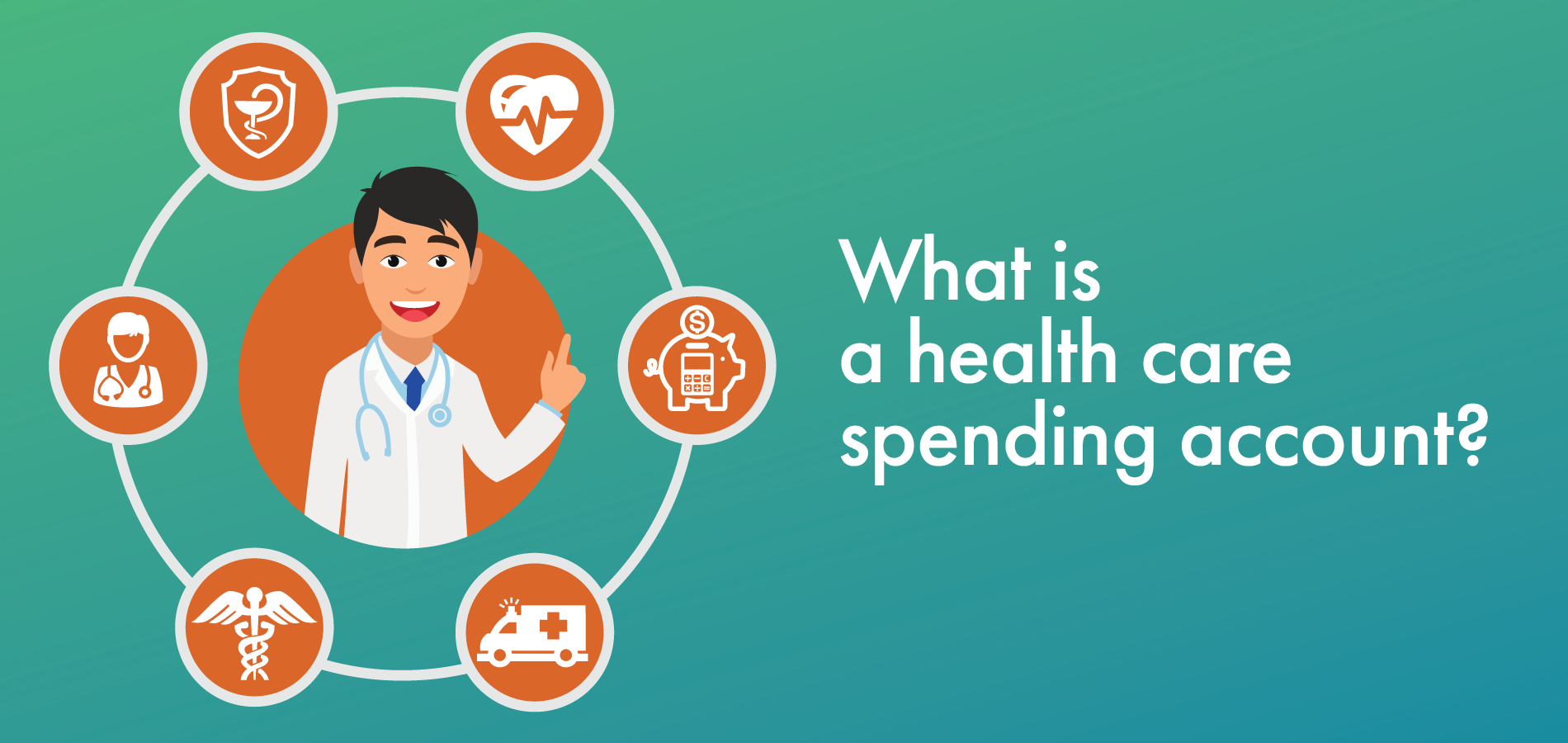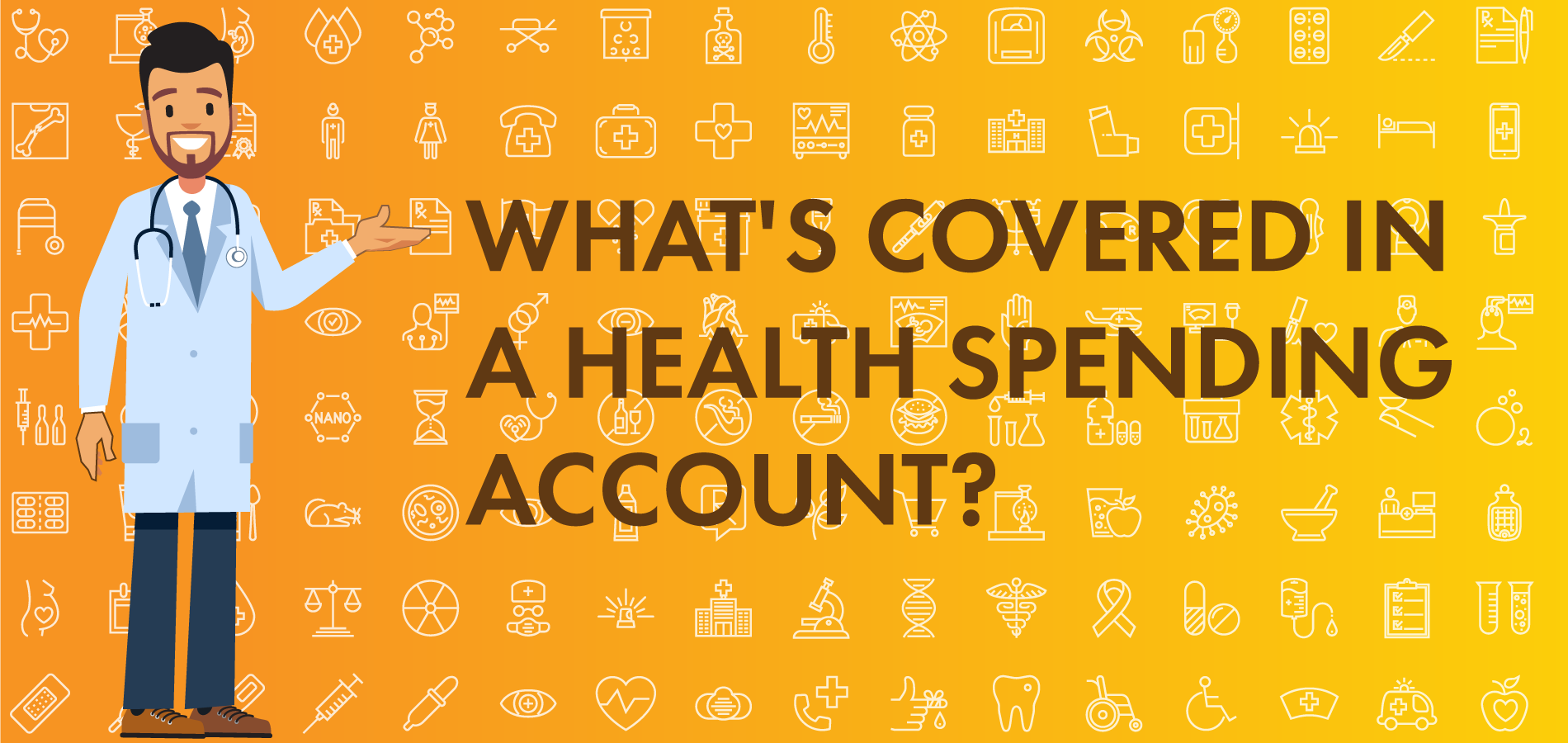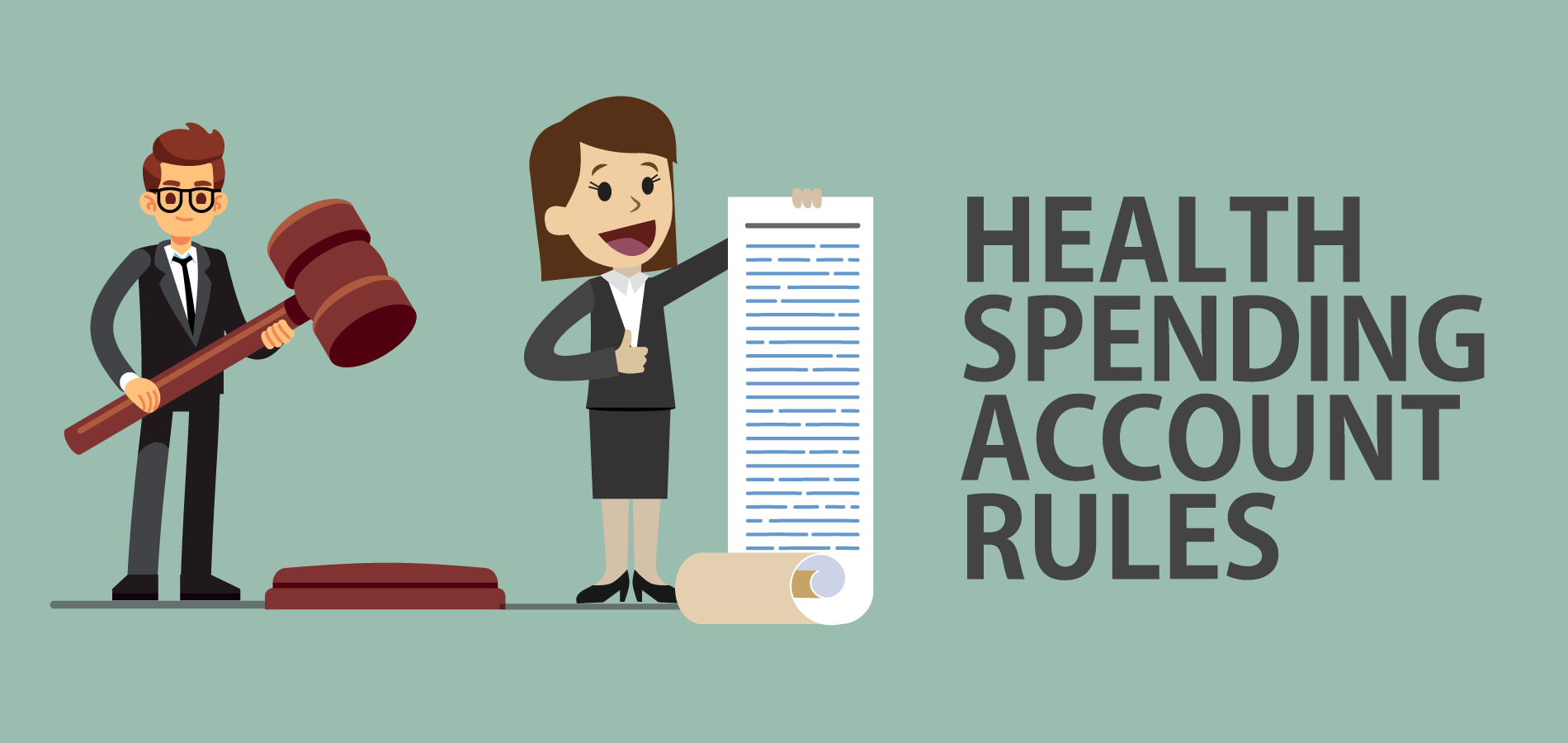The last thing you want to think about while you're feeling burned-out is adding more to your plate. That's why we've compiled a list of recovery strategies that are not only shown to help with burnout recovery, but that you'll actually look forward to trying!
Important note: Burnout is a mental health issue with no one-size-fits-all solution. While the stress management techniques in this article have been shown to have a positive effect on reducing stress, they are for guidance only. Readers experiencing symptoms of burnout should consult the advice of a qualified health professional. Readers are encouraged to consult a health professional before making any major changes in diet or levels of exercise.
Burnout is a state of emotional, physical, and mental exhaustion caused by prolonged exposure to excessive stress. The World Health Organization classifies burnout as an "occupational phenomenon," linking it to chronic workplace stress.
With the potential to cause some serious health issues, burnout recovery strategies are increasingly gaining attention. Here, we've outlined some of the most popular recovery strategies used for all stages of burnout, along with ideas on how you can make burnout recovery something you actually look forward to.
Why You Need a Work-Life Balance
Before we dive into the strategies, it's important to take a good look at your current work-life balance (or, perhaps, the lack thereof).
Work can be stressful, in fact 46% of Canadian workers claim they experience some work-related stress daily. Burnout begins when we aren't given, or giving ourselves, the appropriate means to recover from workplace stress.
Taking work call during dinner, checking your e-mail first thing in the morning, tossing and turning at night because you can't stop thinking about that project you have on the go; it happens to the best of us. But, when you work has begun to create chronic stress in your life, it's time to start taking burnout recovery seriously.
Consider the areas in your life where you aren't taking care of yourself. Do you enjoy hobbies? Are you getting enough sleep? Eating well? Exercising for fun?
Burnout can creep in to almost every area of our lives. Having a strong work-life balance and resisting complacency regarding your mental health is your best line of defense.
1. Take Time to Relax
When our bodies are stressed, we release stress chemicals into our bloodstream that, while helpful in the short-term, can cause damage if released too frequently.
After these chemicals have been released, it takes time for our bodies to shut down the stress system and clean up the chemicals. While you're experiencing burnout, your stress system may not shut down at all.
When we relax, particularly with deep relaxation and meditation, we help our bodies stop the stress response and counteract the effects these stress chemicals have on our body. For example, if the stress chemicals made our muscles tense up, relaxation can help release them.
Burnout is caused by prolonged exposure to excessive stress. By staying mindful of your stress levels and taking active steps to relax, you'll help your body calm down. Meditation, taking breaks, and working on creative projects are all great ways to calm your mind.
2. Reach Out
It can be tempting to feel like we should handle the tough times alone and not burden those around us, but when you're experiencing burnout getting help is important. Burnout makes us feel like we aren't good enough, and that is a difficult position to approach recovery with alone. Reach out to a family member, friend, colleague, or health professional you trust to talk about how you're feeling and find solutions together. You may be surprised to find that many people around you are feeling the same way.
3. Limit Negative Contact
If you are going through a period of burnout, limiting contact with negative people can be beneficial. Being exposed to negative thinking can worsen a situation that might already feel hopeless, and leave you worse off.
4. Re-Frame Your Perspective
Sometimes we experience burnout because we feel there is no meaning in the work that we do. Challenge this way of thinking. Is there something about your job that you feel proud about? Are you helping make someone else's job easier? Are you providing a service that makes someone's day better? Are you helping your company reach an important goal? Digging a little deeper into how your role affects those around you can help you find purpose in what you do.
5. Use Breaks and Vacation Time
Breaks are there for a reason, make sure you use them. We all get busy and miss lunch here and there, but if it is becoming a regular occurrence you should be revisiting your schedule or having a conversation with your superior. In some cases, you'll perform better after a break or vacation because you'll have had a chance to relax and clear your mind.
6. Set Boundaries
Are you taking work calls after you've gotten home? Are you checking your email before you've even had breakfast in the morning? Setting boundaries between where work begins and ends can help you plan your time outside of work. If you know you won't be working past a certain time every day it allows you to plan for activities that keep you happy and healthy.
7. Do Something Creative
Doing the same thing day after day gets tiring. Particularly if what you're doing at work is repetitive and stressful. Mix things up by adding in a creative hobby. If you're at a desk all day, try taking a dance class. If you're on your feet all day, try a drawing or painting class. Using your brain in different ways throughout the day allows your mind to take breaks and stay engaged with the task at hand.
8. Try a Social Media Detox
Social media has many benefits, but it also creates an environment of comparison. If you're having a tough time at work, seeing the people you follow raving about their job isn't likely to make you feel better. What's more, staring at your phone for hours on end keeps your mind stimulated and isn't a great strategy for relaxation.
Social media has a time and a place, but while you're experiencing burnout a break will allow your eyes and mind to rest.
9. Get Plenty of Sleep
In a culture that favors those who get up at 5am and stay at work late, become the person that prioritizes sleep. Sleep makes you smarter, more creative, and happier. It can add years to your life.
If you're being kept up by racing thoughts about work, try writing them down in a journal before bed. You can also try meditation, taking a bath, reading a book, stretching, and giving yourself extra time to fall asleep. If you're feeling particularly burned-out, consider adding a relaxation break or nap to your day while you recover.
10. Exercise for Fun
Exercise does great things for our body. It keeps our blood flowing smoothly, helps us control weight, improves mood, helps us sleep, boosts energy, and can be a lot of fun. Exercising regularly is important for a healthy lifestyle, but adding hours at the gym while you're burned-out might not help.
Don't force yourself to run miles every day if you don't enjoy it. Recovering from burnout is all about helping yourself find joy in life again, not adding yet another task for you to dread. Instead, find a form of exercise you love to do. You could try a dance or weightlifting class, going hiking, skiing or snowboarding, swimming at the local pool, joining a local rec sports team, yoga, barre, zumba... the list goes on. The important thing is that you're doing something good for your body and your mind.
11. Eat Well
When you're burned-out, taking the time to plan thoughtful, healthy meals isn't always appealing. However, there are certain foods that can help in your recovery that you might want to try. To ease the load, try planning out your meals in advance and take 1-2 days a week to prep meals.
Warm beverages, soups, and smoothies are a great way to get a lot of antioxidants, healthy fats, and fiber all in one meal. They're easy to make, and even easier to eat. If you make a big soup, you can portion it out and freeze it so that you just grab a serving when you're on the go.
To keep your brain healthy, increase your consumption of omega-3's. In some studies, omega-3's have been shown to improve mood, reduce depression symptoms, reduce anxiety, and improve heart health. Omega-3's also help our bodies absorb fat-soluble nutrients, which includes vitamins A, D, E, and K.
12. Reduce Caffeine, Nicotine, and Alcohol Consumption
Caffeine, when drank in excess, can lead to insomnia, trembling, uneven heartbeat, and dehydration. When you are already lacking sleep and rest, you're prone to depend heavily on caffeine and create a cycle of sleep deprivation. Similarly, nicotine also acts as a powerful stimulant in your body and can increase anxiety levels.
Alcohol, in contrast, is a depressant drug type, even when consumed in small amounts. This means that alcohol decreases brain activity, particularly in the areas that help us handle judgment and rational thinking. As alcohol wears off and brain activity returns to normal, we can experience anxiety. In a more severe case of burnout, altering brain activity like this can send you on an emotional roller-coaster you aren't equipped to handle.
13. Seek Treatment from a Health Professional
As with any mental health issue, there can be many underlying factors contributing to why you're experiencing burnout symptoms. It is always good practice to consult a health professional for a personalized treatment plan.
Did you know? Our podcast, The Small Business Mastermind, has an episode about burnout available for listening!
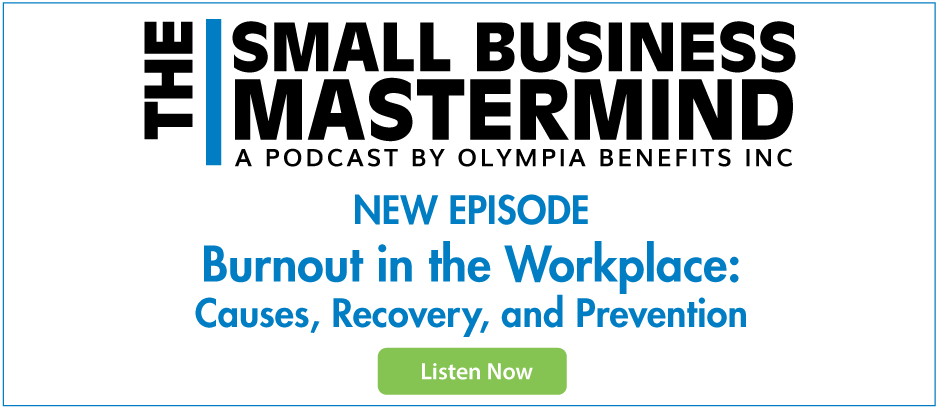
Click the banner below to learn more about burnout and to get your copy of our Stress vs. Burnout infographic.
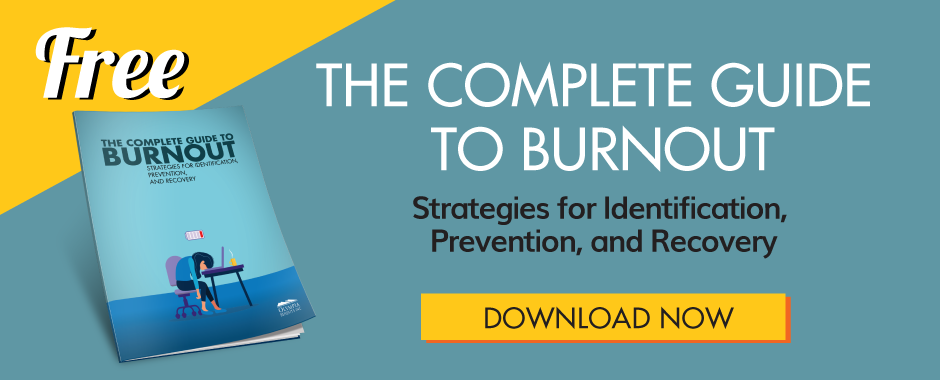
Sources:
https://www150.statcan.gc.ca/n1/pub/11-627-m/contest/finalists-finalistes_2-eng.htm
https://www.helpguide.org/articles/stress/burnout-prevention-and-recovery.htm
https://www.psychologytoday.com/ca/blog/the-mysteries-love/201503/how-deep-relaxation-affects-brain-chemistry
https://nutritionstripped.com/foods-for-burnout/
https://www.livestrong.com/article/543829-adrenal-exhaustion-and-coffee/
https://www.e-counseling.com/addictions/is-alcohol-a-stimulant-or-a-depressant-and-is-it-really-so-dangerous/
Related Content:
Burnout in the Workplace: Causes, Recovery, and Prevention (Podcast)
15 FAQs About Burnout
How to Spot the Employee Burnout Signs Companies Miss
What Does Burnout Feel Like?
How to Prevent Burnout at Work Like a Pro
6 Things I Learned About Burnout from Interviewing Experts
